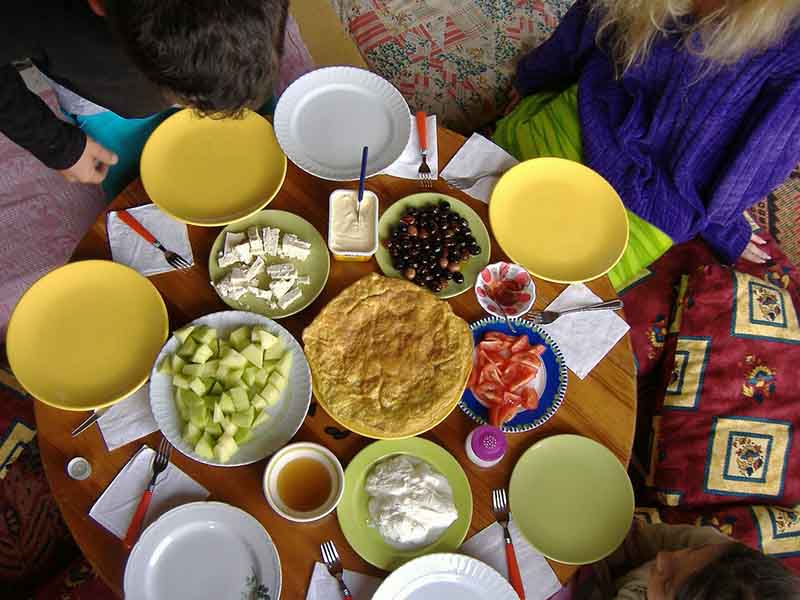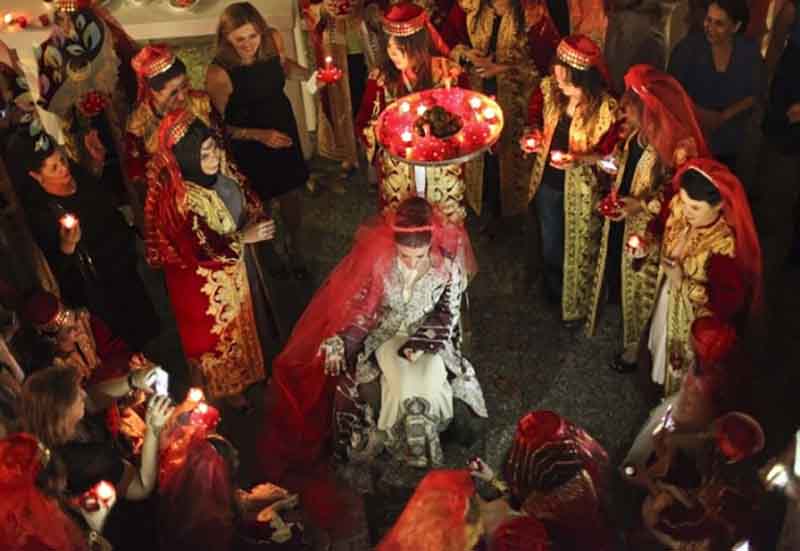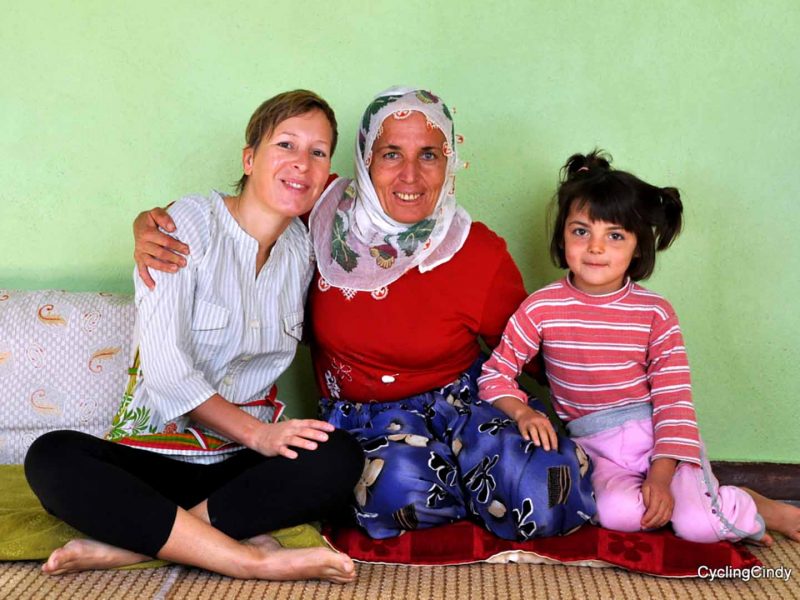Although each country and culture has its own rules of etiquette, many customary behaviors have emerged from a blending of cultures. When we look from this point of view, it is seen that our country’s rules of good manners have been created by the accumulation of centuries of individual and social experiences.
Social degeneration and disintegration of social structure through technology have had an impact on our culture, although still, some rules of good manners and social customs in Turkey come forward as the dynamics that sustain the society.
Respect to the Elders
For almost three centuries, our society has been compared to the West. There are many different evaluations favorable and unfavorable. But everyone agrees that we are one step ahead of the west in terms of respect to the elders. The respect that is shown to the parents, grandparents, aunts, uncles, other relatives, and teachers is still maintained by today’s young people.

Hospitality is the common social etiquette in Turkey
Home Etiquette
“Home” has been a holy place for Turks since the Central Asian period. A couple deciding to spend their life together is also described as “to marry” (but in Turkish home= ev, to mary = evlenmek). As such, the home custom is in an important place within our social rules of good manners. We absolutely do not enter the house with shoes; we always keep it clean. We eat our meals at the dining table, and afterward, the floor or carpet is always cleaned (not to step on food on the floor). A room of the house is reserved just for guests, and it is kept clean all the time.
Greeting
Especially in Eastern society, greeting is very important. Handshaking, kissing on the cheek, kissing the hands of the elderly, and kissing on the forehead of the little ones are the traditions that still continue. In addition, different ways of addressing elders are used according to their social status. In our society, it is more appropriate to address the older ones as older brother, sister, uncle, and aunt.
Visits
For a long time, the extended family structure has been replaced by the core family structure. However, there is still an intense social life in our country in terms of relations with relatives. At this point, visits to relatives have an important place. Although it is gradually becoming less common because of the lifestyles of the big city, family visits in small cities and towns in Anatolia are still frequent. Particularly, festive visits are among the tasks that should not be neglected. It is customary to meet in the house of the oldest relative and eat breakfast together. There is also a tradition of patient visit and tomb-condolence visit within families.
Marriage Traditions: Promise, Engagement, Henna, and Wedding
The most enjoyable moments in our society are perhaps the days before marriage, the time when all come together and meet on common ground. The pre-marital rituals proposal, engagement, henna and wedding are definitely carried out regardless of your social status or income. Even though there are small differences in terms of region, geography and social structure, these are traditions everyone acknowledges. Asking for the girl’s hand in marriage and Turkish coffee service during proposal (with the salt inside!); wearing the rings during engagement, and many things to be done before and during the wedding are carried out as though they are unwritten rules.
Speaking Etiquette
Speaking is among the most important aspects of the traditions. Famous Turkish poet Yunus Emre says “word stops the war/word cuts the head/word is poison sometimes”. Accordingly, we can say that speaking and listening are among the most frequently emphasized values in our social traditions. In a crowded society, there are rules such as giving priority to the elders, acting respectfully when talking to elders, not interrupting the elders, and not using slang and crushing statements during speeches.
Traditions and rules of good manners are the collective behaviors of societies. When most of them are examined, they are important behaviors that must be present in life, along with their psychological infrastructure and social integrative features.
Featured Photo: Cycling Cindy


